On Oct. 4, former Mayor Rocky Anderson, Mayor Erin Mendenhall and community activist Michael Valentine debated central issues in Salt Lake including affordable housing, city growth and homelessness.
Public polling on the mayoral candidates has not been released yet, but Mendenhall has emerged as the top fundraiser. The incumbent has raised $212,195 in total contributions from February to July while Anderson has raised $101,780, per campaign finance records. Valentine raised $115 during that time period.
Affordable Housing
The need to create more affordable housing in Salt Lake is a key issue to voters and was discussed at length during the debate.
Mia Merchant, a Salt Lake school teacher, asked the candidates what they plan on doing to make housing more accessible to young people who live here.
“I fear as a public school teacher I won’t be able to live anywhere near where I grew up or where I teach — possibly not in Salt Lake at all,” Merchant said. “Even if I do find an apartment, I’ll worry I won’t be able to get a house.”
In February 2023, Utah ranked 45th in the country when it came to affordable housing.
Anderson said that housing affordability is at a “crisis level” in Salt Lake. Part of the reason why, he argued, is because the current administration has continued along an “old, worn out paradigm — getting sucked into the market and saying, ‘We’re going to subsidize these for-profit developers, keep shoving their pockets full of millions of city dollars, so they can keep building these horrible, mostly unaffordable, mostly architecturally awful apartment buildings.’”
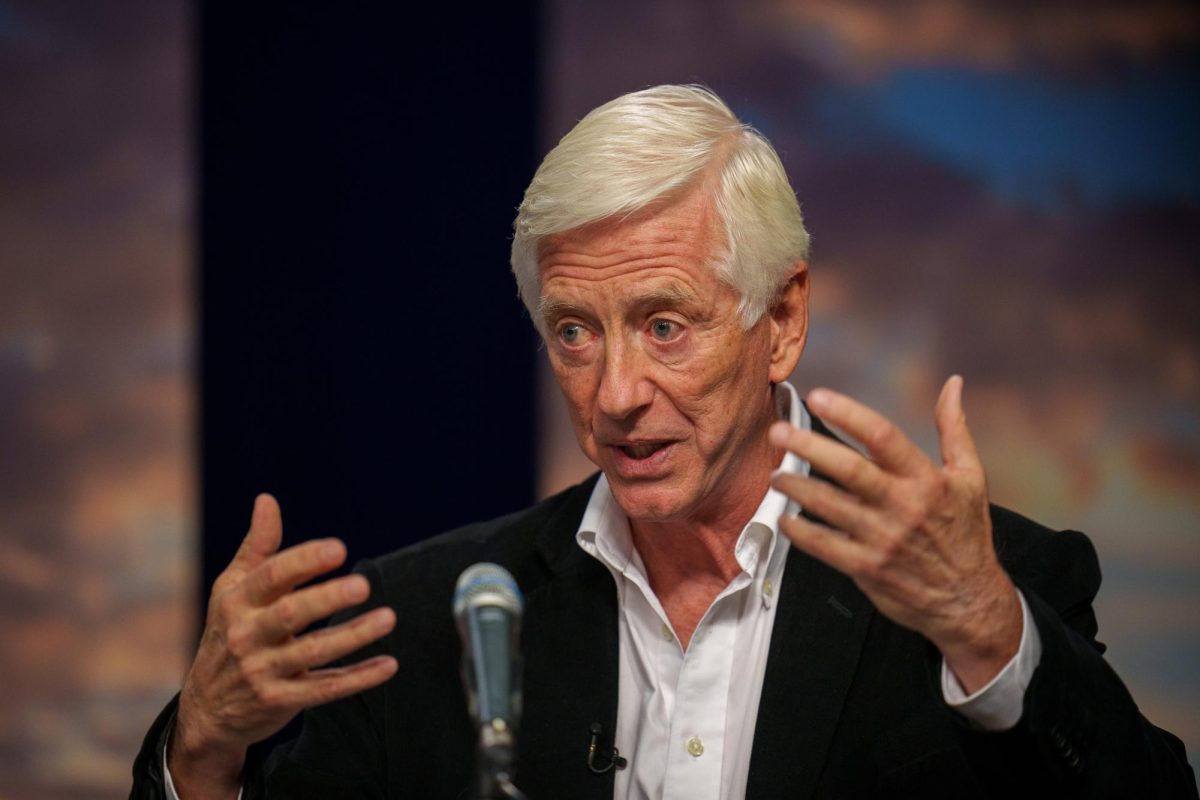
Mendenhall said city investments have helped create more than 4,000 affordable housing units since 2020, the year she was elected. That marks a 413% increase in affordable housing unit creation.
Mendenhall noted that Salt Lake’s population has grown by about 20,000 people in the last 20 years and has become a majority-renter city.
A recent Salt Lake housing plan also set an ambitious goal of permitting up to 10,000 new housing units by the end of 2027.
Anderson said if he’s elected as mayor, he promises to make a shift to non-market housing, where the city sees providing affordable housing as a public good — like its libraries and streets.
“The reason it’s called non-market is because you won’t be facing the insecurity of an increasing market for housing because the city will control it and it will be mixed-income affordable housing,” Anderson said.
Mendenhall claimed Anderson’s approach to affordable housing would cost the city much more money than her administration’s approach.
Valentine, the only candidate who rents, said that the city is “taking public money through the redevelopment agency, subsidizing luxury housing, calling it affordable housing when it actually isn’t.”
“What this is doing is artificially raising prices, increasing unaffordability, driving people into homelessness,” Valentine said. “What we need to do is use public money for the community, not for real estate investors and developers.”
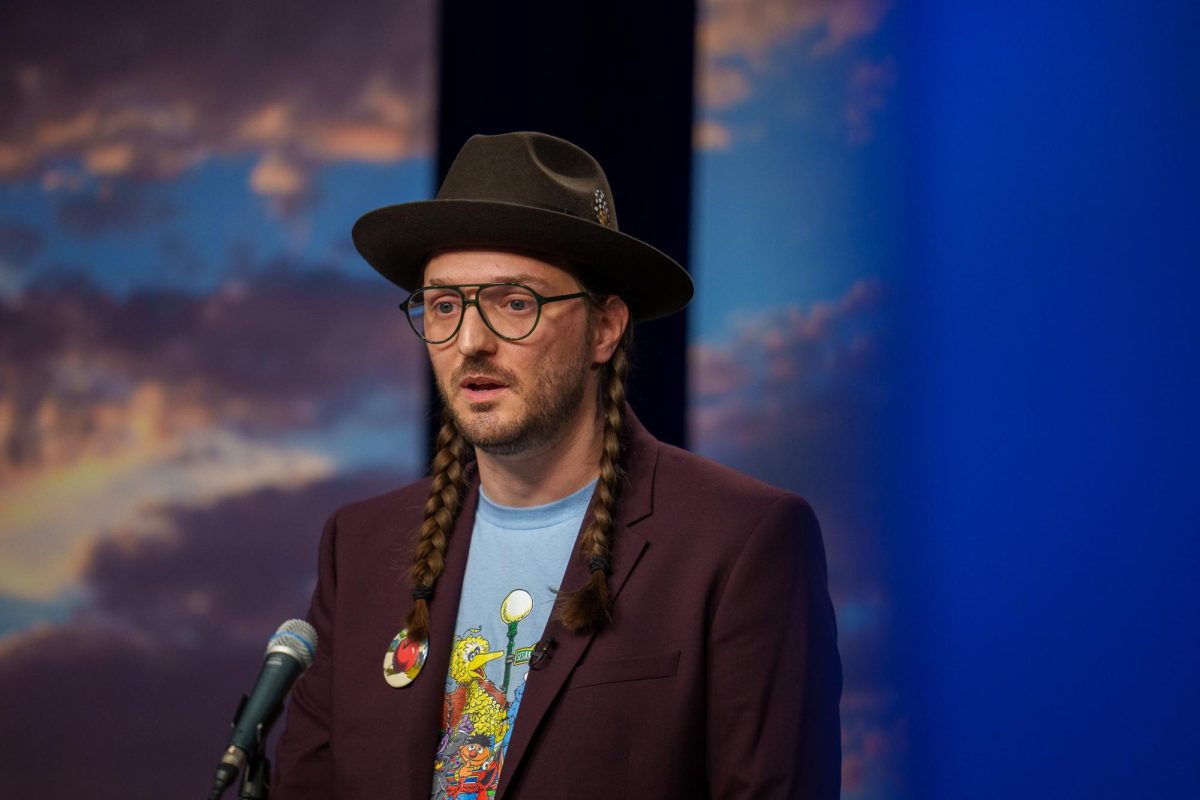
Homelessness
In addition to the need for affordable housing, the candidates discussed the issue of homelessness in Salt Lake and how they plan to address it.
Valentine said he has been homeless before, and it’s a personal issue for him.
“My plan is to declare a state of emergency and have sanctioned camping for everybody … and take everybody and then put them into housing right away,” he said. “To me, success is nobody on the streets.”
Anderson criticized Mendenhall and what he considers the failures of her administration to effectively combat the issue of homelessness in Salt Lake.
“Success for me is that we end all encampments — by doing this 50 pod, political pretense — that’s not going to meet the needs of all of the hundreds of people that are currently in encampments,” he said.
Anderson was referring to the city’s recent announcement that they would be creating a “temporary shelter community” for the unhoused this winter, which will include pod structures that can house up to 50 people.
He added Mendenhall has refused to provide a sanctioned camp during her term.
On top of this claim, Anderson alleged the city has not yet accomplished the 777 units of supportive housing Mendenhall promised, nor the 300 units she said would be opened last April.
“The first thing I would do immediately is provide a sanction camp for everybody and get all of the encampments out of Salt Lake City,” he said.
Mendenhall responded to the allegation that she wasn’t being “straight with the people.” She said Anderson was “twisting facts.”
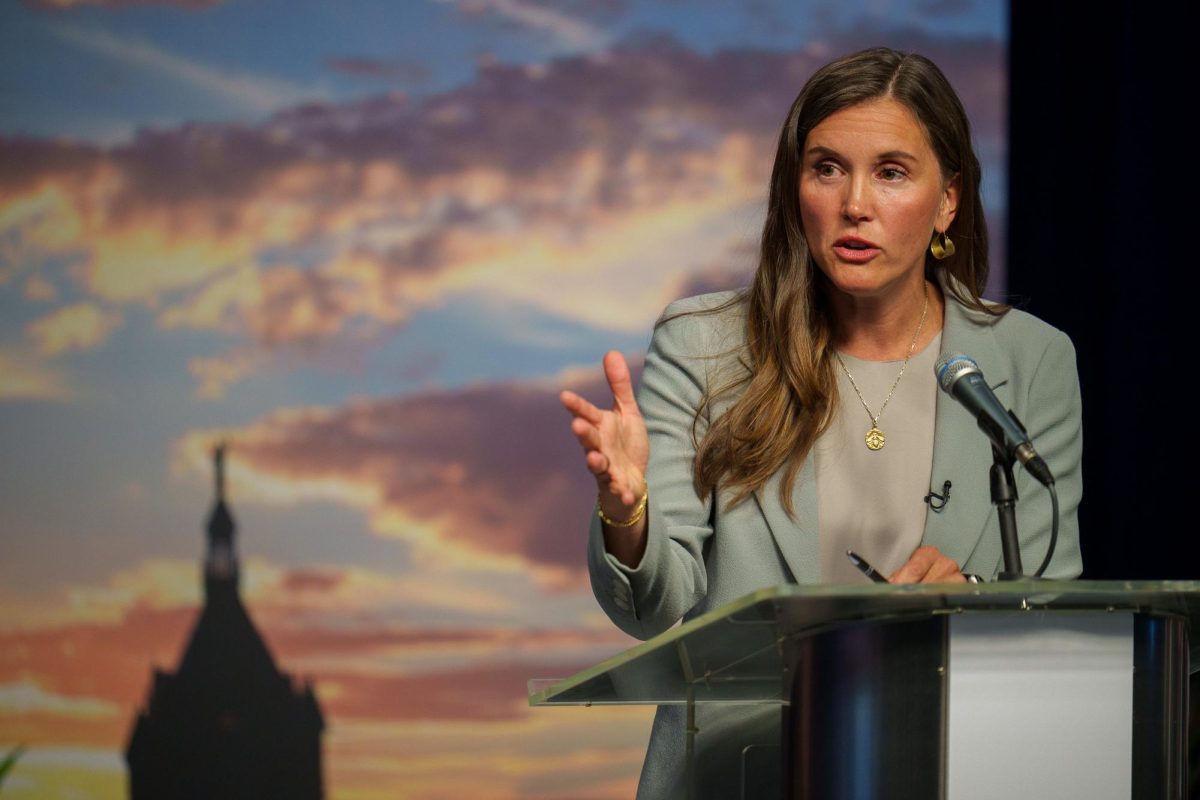
“I toured the units that were under construction or remodel this summer,” she said. “I saw the demolition that was happening and I saw a unit fully completed.”
Mendenhall said from 2020 to 2022 that 70% to 72% of people who “touched” the homeless resource center in the county resolved their experience of homelessness.
“In total, I think the number is just over 14,000 people since 2020 have experienced homelessness and resolved their experience of homelessness,” she said.
Voting Information
The election will be held using ranked-choice voting. Voters will not only pick the person they want for mayor, but they will also rank the three candidates in the order they like them.
Earlier this year, the Salt Lake City Council voted to use ranked-choice voting instead of holding a primary race.
Mail-in ballots will start to roll out on Oct. 30. Early voting will be held from Nov. 7-17. The deadline to vote in the general election is Nov. 13. The last day to send mail-in or absentee ballots to active registered voters is Nov. 14, and the general election is on Tuesday, Nov. 21.


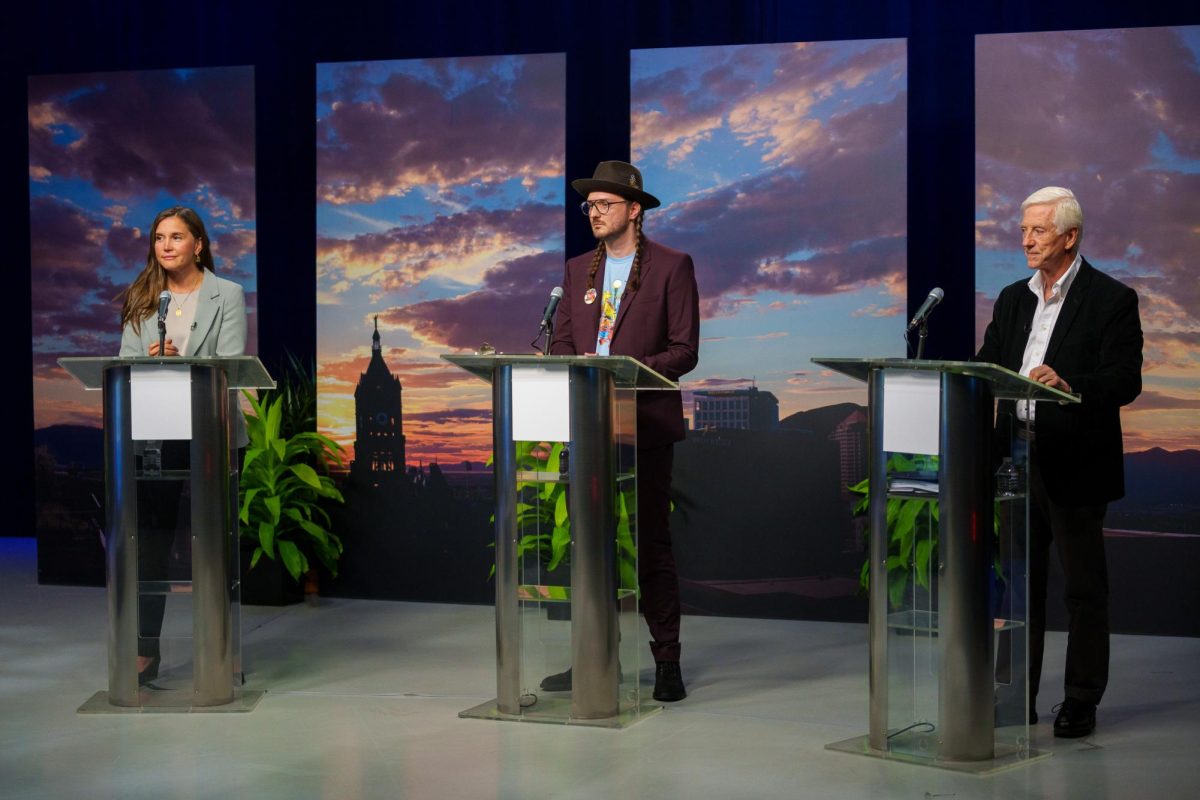

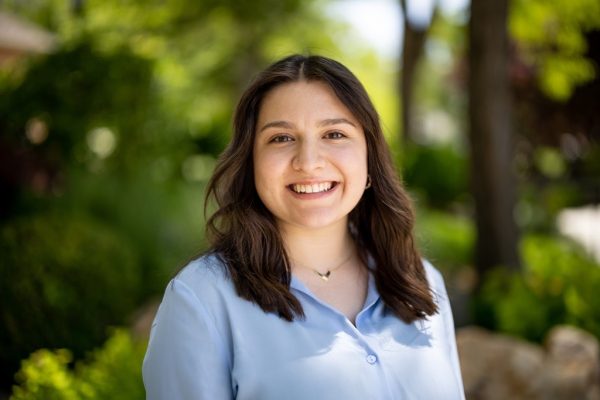
Rocky Anderson • Oct 5, 2023 at 9:52 am
Excellent reporting! This is a real service to the community. Thank you for getting it right, with real clarity! There is so much at stake in this election.